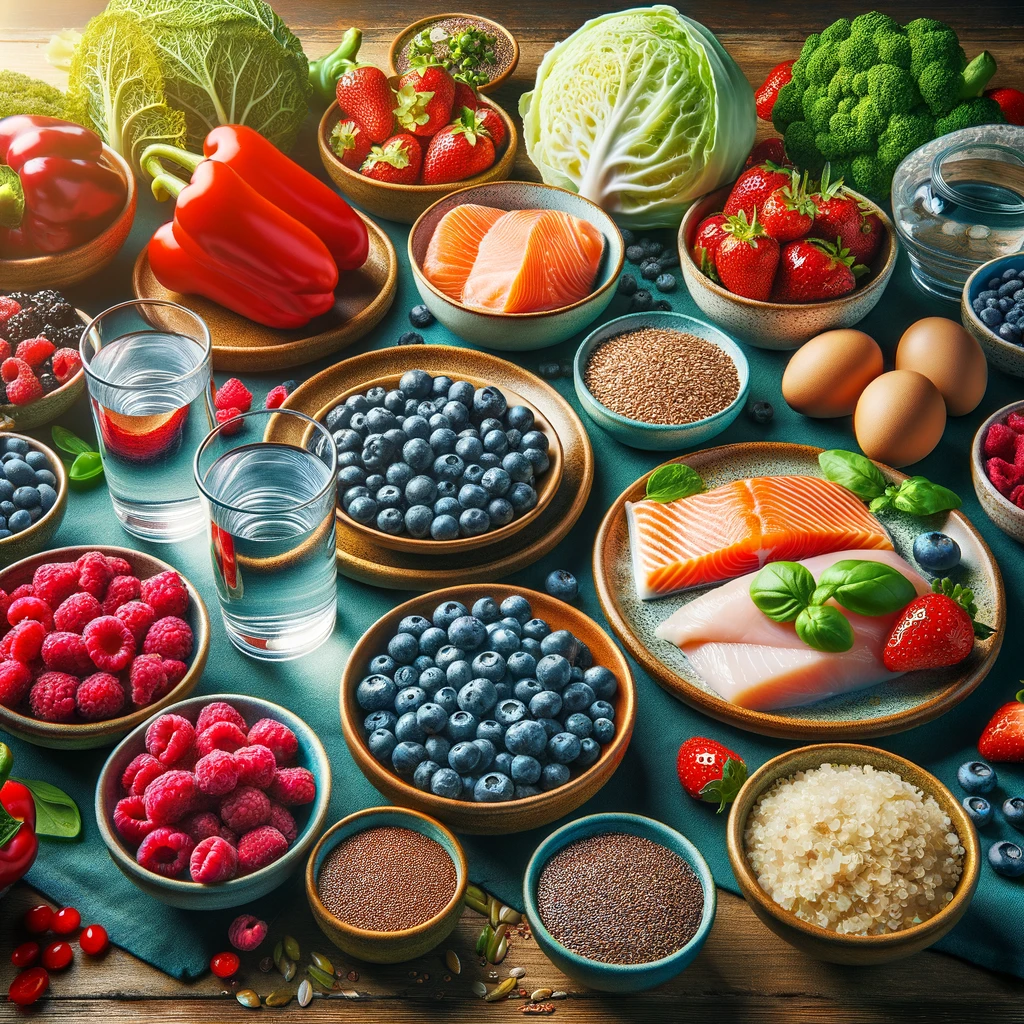Kidney health is crucial for the body’s overall well-being, playing a significant role in filtering waste products, balancing minerals, and regulating blood pressure. When kidneys are damaged, their ability to perform these vital tasks diminishes. Diet plays a pivotal role in kidney repair and maintenance. This article delves into the best foods that support kidney health and facilitate repair, offering a roadmap for those looking to nurture their kidneys back to health.

Water: The Foundation of Kidney Health
Water is essential for kidney function. It helps flush out toxins that can lead to kidney stones and other renal problems. The recommended daily intake varies depending on activity level, climate, and health status, but generally, drinking 1.5 to 2 liters of water per day is beneficial for most individuals.
Fruits and Vegetables: Antioxidants and Fiber
Certain fruits and vegetables are particularly beneficial for kidney health due to their high antioxidant content and fiber:
- Red bell peppers: Low in potassium and rich in vitamins C, A, B6, and folic acid.
- Cabbage: Packed with phytochemicals that break up free radicals before they can do damage. High in vitamins K and C and fiber, with the added benefit of being low in potassium.
- Garlic: Known for its anti-inflammatory properties and ability to reduce cholesterol and plaque buildup in the arteries, supporting overall renal health.
- Apples: High in fiber and anti-inflammatory properties, helping reduce the risk of kidney issues.
- Berries: Blueberries, strawberries, and raspberries are rich in antioxidants and nitric oxide, which aid in kidney function and repair.
Omega-3 Fatty Acids: Anti-inflammatory Powerhouses
Foods high in omega-3 fatty acids, like salmon, flaxseed, and chia seeds, are known for their anti-inflammatory properties. Chronic inflammation can harm kidneys, so incorporating these foods can support kidney repair and health.
Lean Proteins: Essential for Repair
While high protein intake can be hard on the kidneys, lean proteins play a crucial role in repair and maintenance:
- Egg whites: High-quality protein with all the essential amino acids.
- Fish: Offers high-quality protein and omega-3 fatty acids, beneficial for reducing inflammation associated with kidney disease.
- Chicken breast: Opt for skinless chicken breast for a low-fat, high-quality protein source.
Whole Grains: Fiber and Nutrients
Whole grains, like barley, buckwheat, and quinoa, are excellent sources of fiber and nutrients while being relatively low in potassium, making them good options for kidney health. They help maintain a healthy weight and reduce the risk of high blood pressure, a leading cause of kidney damage.
Legumes and Nuts: Plant-Based Proteins
Certain legumes and nuts are good for kidney health, offering protein without the excess phosphorus found in meat products:
- Lentils: High in fiber and protein, supporting kidney function.
- Nuts: Almonds and walnuts are good in moderation, providing essential fats and nutrients.
Conclusion
Adopting a diet that supports kidney health is crucial for individuals looking to repair or maintain their kidney function. Hydration, combined with a balanced intake of fruits, vegetables, omega-3 fatty acids, lean proteins, whole grains, and plant-based proteins, can significantly contribute to kidney repair and overall health. As always, consult with a healthcare provider or a dietitian to tailor dietary choices to your specific health needs, especially when managing kidney disease.




